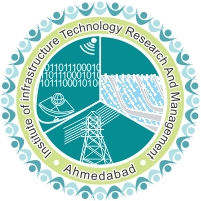Special Issue “Active Flow Control Processes with Machine Learning and the Internet of Things”
Authors :- D Deb, VE Balas, M Kaushik
Publication :- Processes 2023, 11(5)
The desired changes in flow characteristics are obtained by flow control, which implies manipulating flow behavior such as drag reduction, mixing augmentation, or noise attenuation, employing active or passive devices. The active devices are operated by external means and hence require an additional power source, whereas passive controls do not have such requirements. However, passive techniques are associated with significant drawbacks, such as the thrust penalty in the case of jet mixing enhancement. The typical active flow control methods include oscillation and flow perturbation, acoustic excitation, synthetic jet, plasma actuator, and Lorentz force. Apart from active flow control, this Special Issue also deals with the active process control of parameters that are not necessarily about fluids only, for instance, the active control of process parameters in freight trains.

